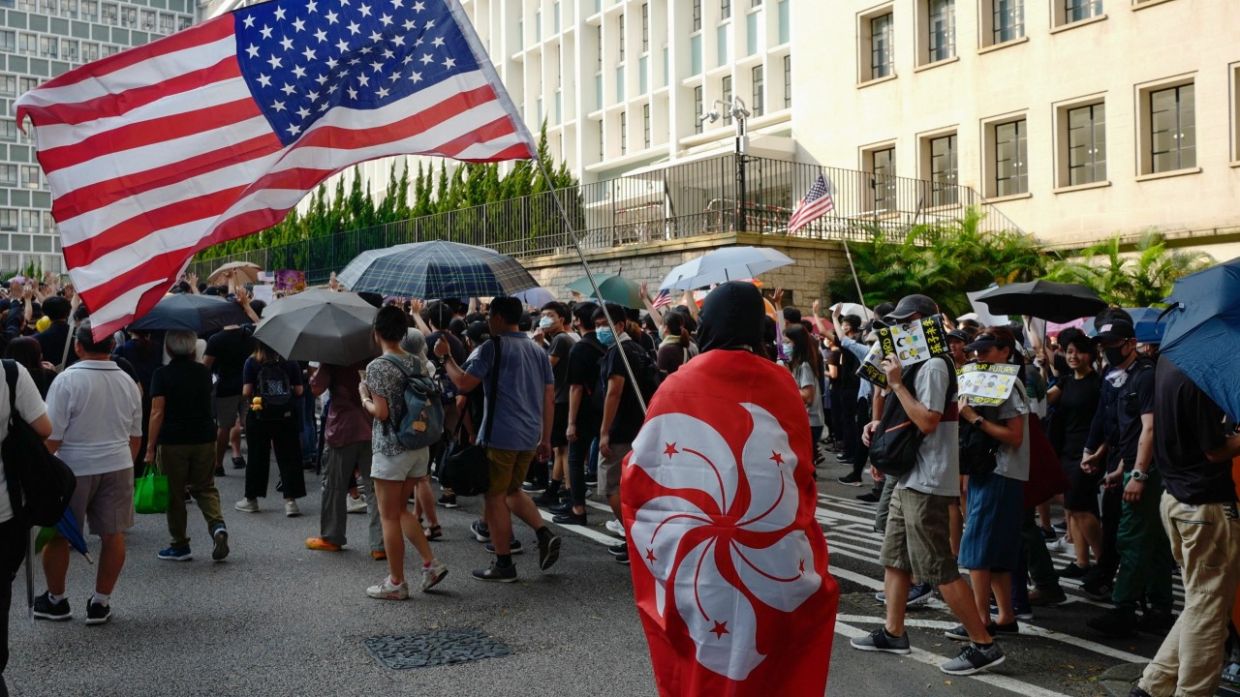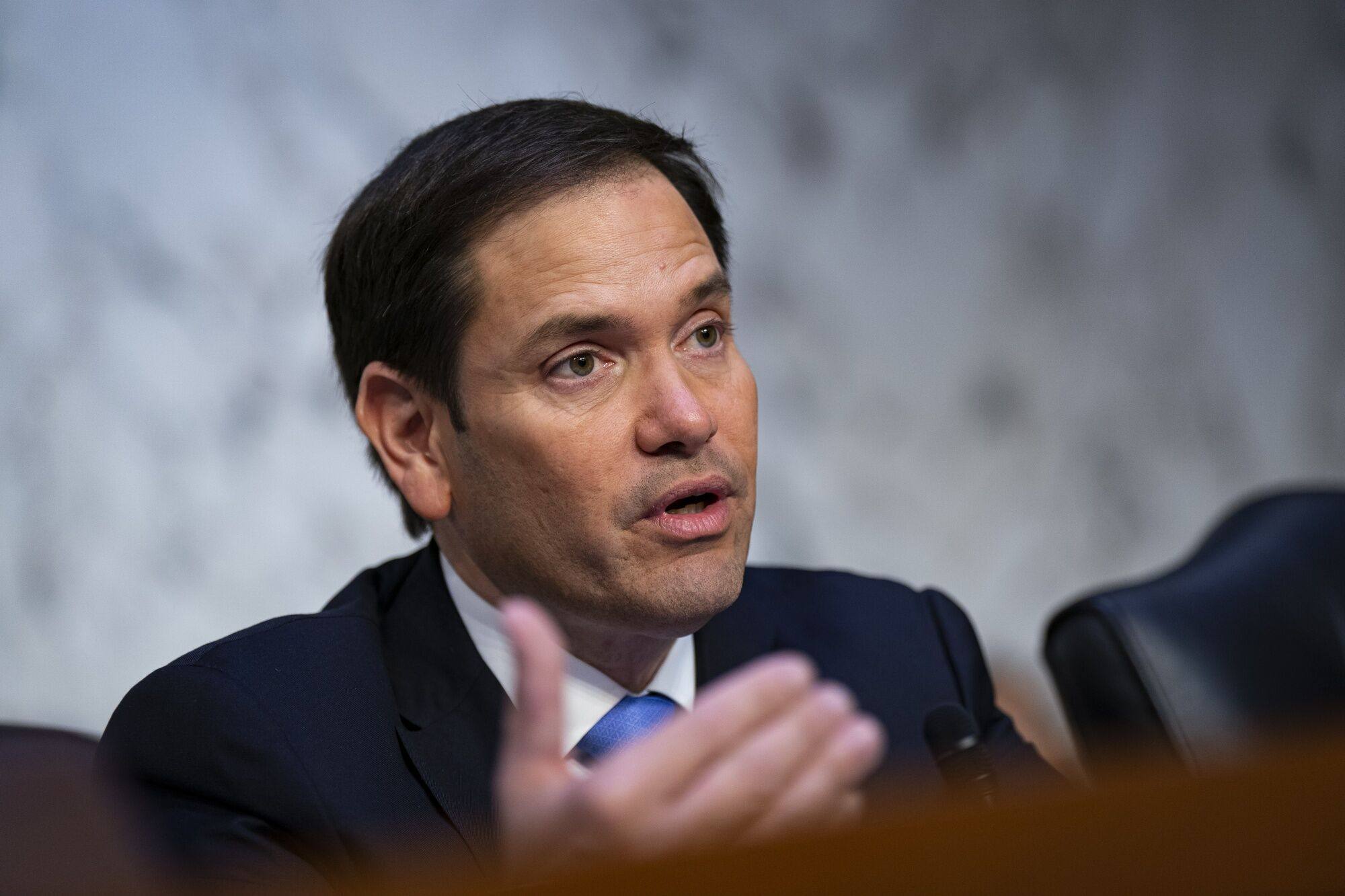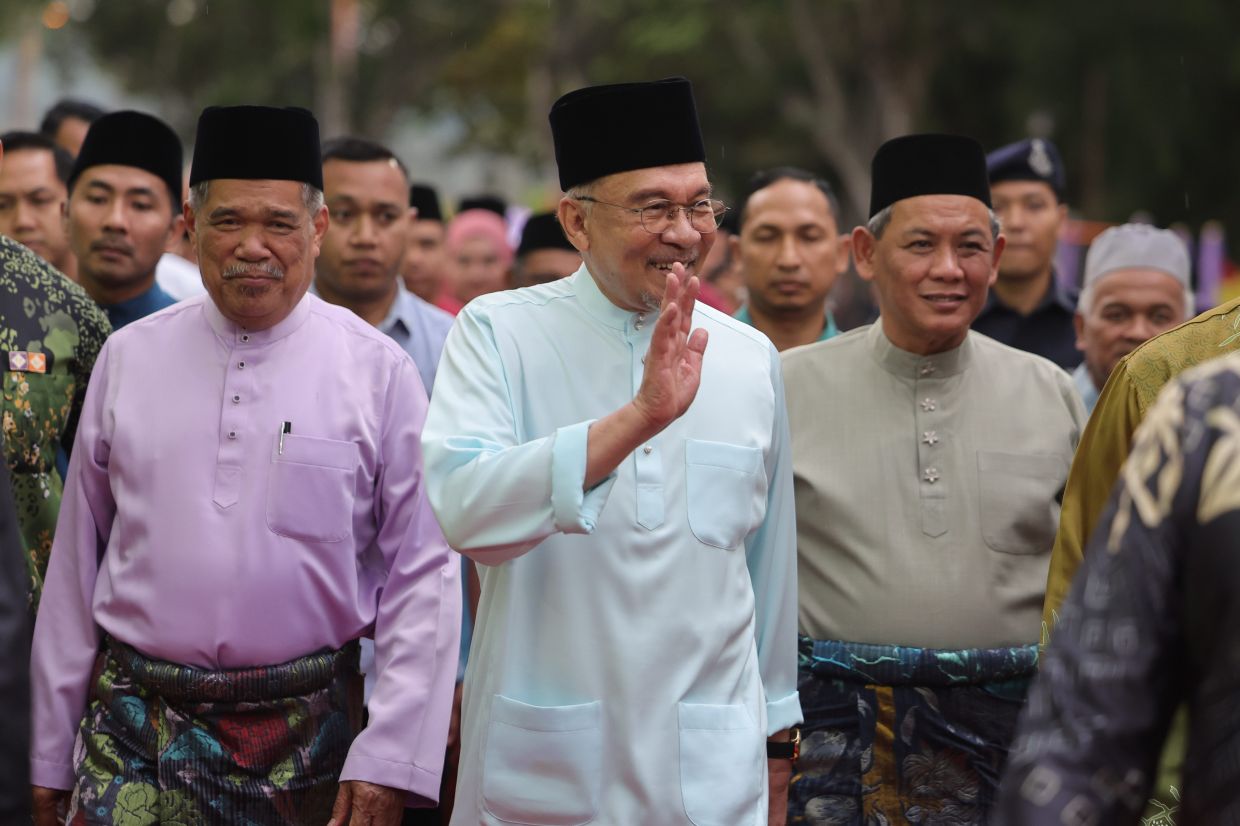
Legislation that could close Hong Kong’s economic and trade offices in the US cleared a key Senate committee on Thursday, a crucial step on its path to becoming law.
The bill, called the Hong Kong Economic and Trade Office (HKETO) Certification Act, would require the White House to “remove the extension of certain privileges, exemptions and immunities” to the offices if it decides that Hong Kong no longer enjoys a high degree of autonomy from Beijing.
The bill – sponsored by senators Marco Rubio, a Florida Republican, and Jeff Merkley, an Oregon Democrat – was approved by the Senate Foreign Relations Committee and is now expected to go to the full Senate for a vote. A similar version of the bill has been introduced in the House of Representatives.
Do you have questions about the biggest topics and trends from around the world? Get the answers with SCMP Knowledge, our new platform of curated content with explainers, FAQs, analyses and infographics brought to you by our award-winning team.
“HKETOs in the United States now serve as another mouthpiece that the Chinese Communist Party uses to obscure its long record of human rights abuses against Hongkongers and other groups that Beijing deems a threat,” Rubio and Merkley said.
There are a 14 HKETOs outside mainland China; the three in the United States are in Washington, New York and San Francisco.
The offices, which primarily carry out trade promotion and cultural diplomacy responsibilities, are not diplomatic missions because Hong Kong is not a sovereign state. But they do have some of the privileges and immunities of diplomatic missions granted in many countries.
The Hong Kong offices in the US enjoy privileges that include the capacity to buy and sell property and immunity from legal action, search and every form of the judicial process “as is enjoyed by foreign governments”.
They operate autonomously from Beijing’s foreign missions except in the realm of consular affairs.
US must do more to punish Hong Kong leaders who undermine freedoms, panel hears
Since the national security law was imposed on Hong Kong in 2020, US lawmakers have questioned whether the city remains sufficiently autonomous to justify having its own representation separate from Beijing’s missions. At recent congressional hearings, Hong Kong activists have pushed for the offices’ closure.
To become law, the bill must pass in the Senate and House, then be signed by President Joe Biden.
Within 30 days of the law taking effect, the president will be required to explain to Congress why the city’s offices in the US should retain or lose their diplomatic privileges. The offices would be required to close within 180 days if the president opts for decertification.

If the president approves them, the offices can operate for another year or until the next certification required by the United States-Hong Kong Policy Act of 1992, unless a joint resolution of disapproval is issued by the House or Senate.
Under the law, any US government entity wanting to enter an agreement or partnership with an HKETO would have to wait 90 days after the president’s certification to ensure that Congress issues no disapproval resolution.
The Rubio-Merkley bill would require an annual recertification process for the offices to accompany the US State Department’s annual certification of Hong Kong’s semi-autonomous status, a review mandated by the 1992 act.
That measure, which guides US policy towards Hong Kong, also says the city will continue to receive differential treatment unless “otherwise expressly provided by law or by executive order”.
Hong Kong police raid home of ex-member of opposition party Demosisto
In July 2020, president Donald Trump issued an executive order determining that Hong Kong was no longer “sufficiently autonomous to justify differential treatment in relation to the People’s Republic of China” and stated that it was US policy to suspend or eliminate such treatment for the city.
The order, which Biden extended for another year earlier this week, suspended Hong Kong’s preferential treatment under a number of statutes, but did not address the HKETOs.
After the trade offices bill was introduced in February, Hong Kong authorities urged Washington to “stop maliciously interfering” in its internal affairs and “to respect the basic norms governing international relations”.
Senate Foreign Relations Committee passes Hong Kong Economic & Trade Office Certification Act. Now it heads to the full Senate.
HKETO, representative of the authoritarian HK gov't abroad, should be entirely closed in the US.#NoToHKETOhttps://t.co/ZXvTnpOOHy
— Hong Kong Democracy Council (@hkdc_us) July 13, 2023
This response came in the wake of Hong Kong’s extensive efforts to promote its return to the global stage after three years of pandemic shutdown.
In January, after pressure from advocacy groups, the Smithsonian’s National Museum of Asian Art ended its partnership with the trade offices in the US.
Representatives from US-based NGOs Committee for Freedom in Hong Kong Foundation and the Hong Kong Democracy Council welcomed the Senate committee’s advancement of the bill.
The committee also approved a bill authorising the administration to negotiate a tax agreement with Taipei that would offer residents in the US and Taiwan relief from double taxation.
More from South China Morning Post:
- Hong Kong trade offices in US targeted by new Senate bill
- Hong Kong hits back at US after senators aim bill at 3 offices representing city in America
For the latest news from the South China Morning Post download our mobile app. Copyright 2023.








































